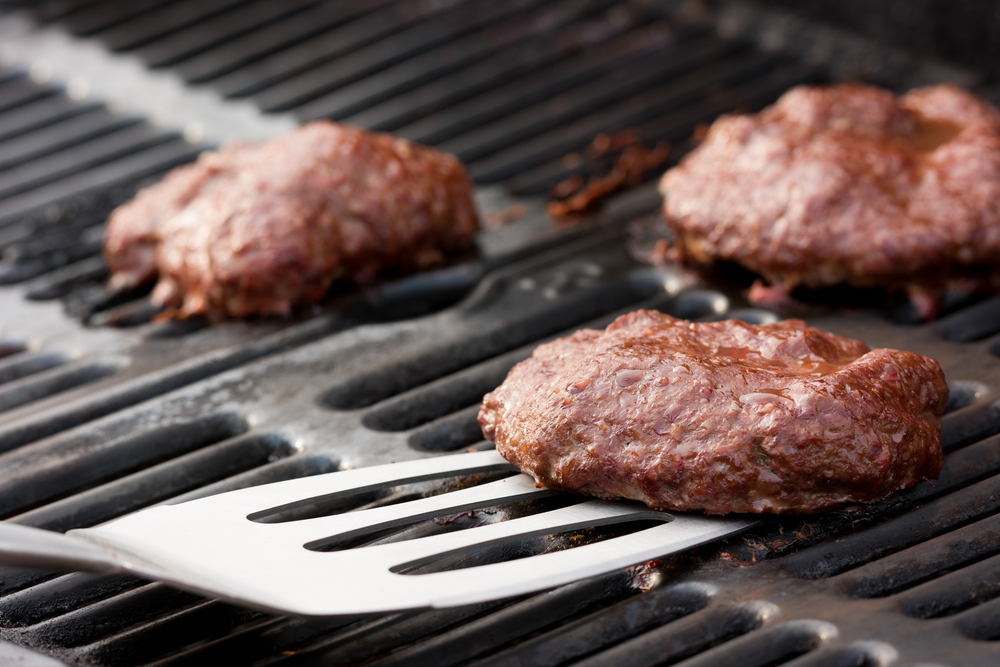Summertime grilling is an awaited tradition, but did you know it could be bad to your health?
Others are reading now
As summer approaches, bringing with it the season of barbecues and outdoor cooking, a new report from the Norwegian Scientific Committee for Food and Environment urges caution.
This recent study focuses on the potential health risks associated with grilling meat, particularly fatty cuts, which may increase exposure to harmful substances.
The Risks of High-Temperature Grilling
The appeal of grilling is undeniable, with the smoky flavors and charred textures it imparts to food. But this method of cooking, especially at high temperatures, poses health risks.
These harmful substances, which include polycyclic aromatic hydrocarbons (PAH), are more likely to form when fatty meats are grilled over an open flame.
Also read
The research team concluded that grilling at very high temperatures releases more harmful substances than if the meat were cooked in a frying pan, where the temperature can be more easily controlled.
Specific Concerns with Fatty Meats
The researchers’ findings indicate that grilling fatty meats can lead to significant increases in PAH, especially when the fat drips onto the charcoal or briquettes, creating smoke that then adheres to the meat.
“For most people, there will be a low health risk associated with consuming grilled food, but there may be some who often grill fatty meat products. They should grill in a way that reduces the formation of harmful substances,” explains Espen Mariussen, the study’s lead researcher.
The harmful substances cannot be completely avoided but can be minimized by following the guidelines.
Guidelines for Safer Grilling Practices
To minimize health risks, the research team recommends several strategies:
-
Avoid letting fat from the meat drip onto the heat source to reduce flare-ups and smoke.
-
Prevent smoke from directly contacting the meat.
-
Ensure that meat is not overcooked to avoid the formation of excess PAH.
Worst Offenders and Safer Alternatives
Among the various types of grilled foods, sausages cooked directly over an open fire were highlighted as particularly problematic due to the high levels of PAH in the resulting smoke.
The study suggests that the concentration of PAH is notably higher in well-cooked, fatty meats such as ribs and steaks.
By adopting safer grilling practices, such as managing cooking temperatures and avoiding excessive charring, grill enthusiasts can significantly reduce their exposure to potentially hazardous chemicals.


